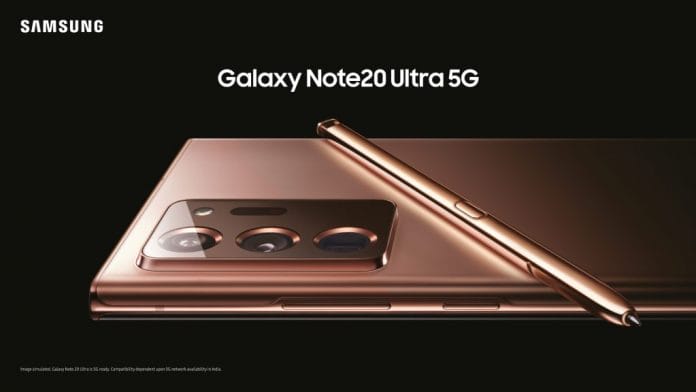Samsung has changed its policy regarding software support for its flagship Android smartphones in terms of major OS updates (not security updates). Earlier the flagship smartphones of Samsung came with a guaranteed release of two major OS updates, now the support period for such models has been increased to three years. That is, Samsung flagships will now receive three major OS updates, just like the Google Pixel smartphones.
This means that the Galaxy Note20 and Note20 Ultra flagship smartphones presented yesterday, which will be released on Android 10 with One UI 2.5, will eventually receive updates to Android 11, Android 12 and Android 13.
Also Read: Samsung’s Galaxy S10+ Camera Takes First Place in DxOMark’s Selfie Ranking
Also Read: Huawei Announces the First Batch of Android Q Update
On one of the slides of the presentation, it was indicated in small print that the new rules apply to flagship models, starting with the Galaxy S10. A Samsung spokesperson later confirmed in a comment by Android Authority that the Galaxy S10 will be the launch model. That is for all models that came out after the Galaxy S10 (Galaxy Note 10, Galaxy S20, Galaxy Z Flip 5G, Galaxy Z Flip and Galaxy Fold) are backed by a three-year Android update guarantee.
The S10 and Note10 series smartphones came out with Android 9 with One UI, and at the end of the year received an update to Android 10. Many S10 and Note10 owners have already come to terms that the update to Android 11 will be the last, so this news should please them. Their smartphones should receive Android 12 by the end of next year, which will remain relevant until 2022.
The release of the final version of Android 11, which is now in beta testing, for Pixel smartphones is expected on September 8. Samsung has not yet released a release schedule for Android 11 for its devices, but this process usually takes from a few months to six months (flagships get the update first, and then the rest of the models).





